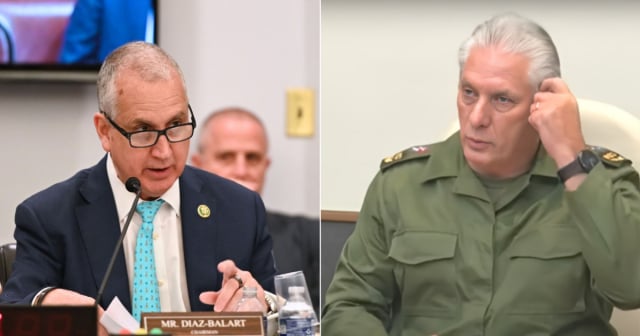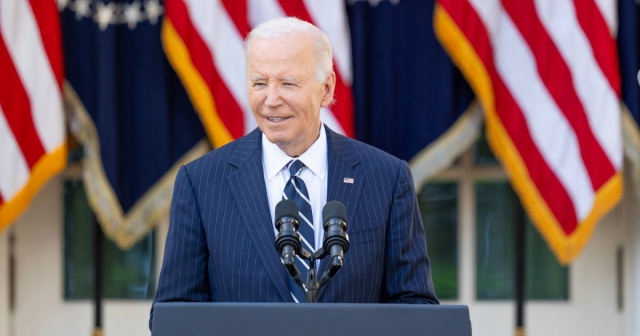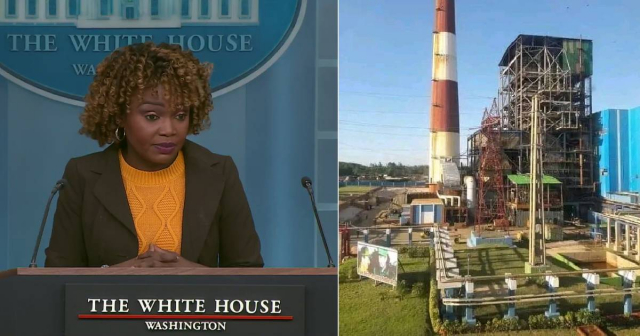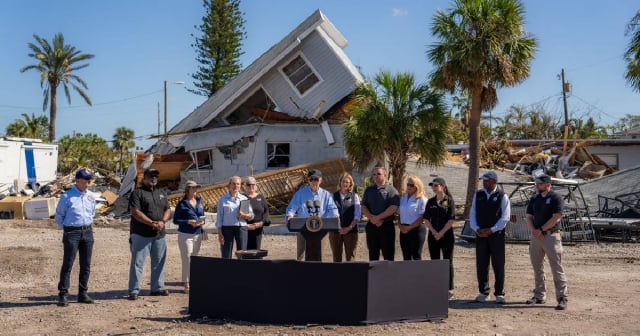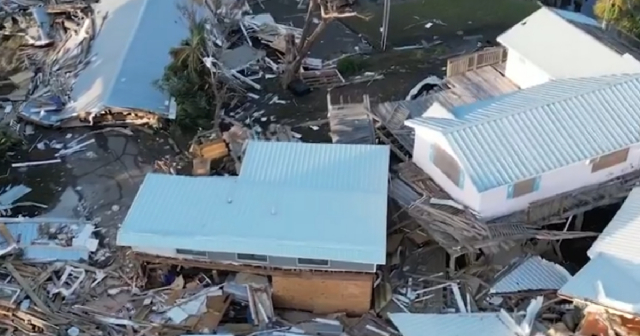The administration of President Joe Biden announced that for fiscal year 2025, an additional 64,716 H-2B temporary work visas will be granted for non-agricultural workers.
These are in addition to the 66,000 visas previously approved by Congress, bringing the total to over 130,700 visas, which is the maximum allowed under current legislation.
The Secretary of Homeland Security, Alejandro Mayorkas, emphasized the importance of this measure, highlighting that it addresses the labor needs of U.S. companies, strengthens the economy, and discourages irregular migration.
In addition, Mayorkas stated that these actions aim to keep prices low for consumers and protect workers' rights.
Of the new visas announced, 20,000 will be reserved for citizens of Guatemala, El Salvador, Honduras, Haiti, Colombia, Ecuador, and Costa Rica, countries that face significant socioeconomic challenges.
The remaining 44,716 will be allocated to workers who have received an H-2B visa in the past three fiscal years, ensuring job continuity for those who have already contributed to the U.S. labor market.
Distribution and Benefited Sectors
The Department of Homeland Security (DHS) and the Department of Labor have developed a strategy to allocate these supplemental visas, distributing them between the first and second halves of the fiscal year.
A significant portion will be reserved to meet the high labor demand during the summer season, particularly in key sectors such as hospitality, tourism, landscaping, seafood processing, and other seasonal temporary jobs.
The Biden administration asserts that its intention is to strengthen the economy in the final stage of its term, meet the demands of the labor market, and promote a more orderly and fair immigration system.
Last week, a cordial meeting took place in the Oval Office of the White House between outgoing President Joe Biden and President-elect Donald Trump to formally initiate the power transition.
Since his arrival at the White House, Trump is expected to start implementing measures that will directly impact illegal immigrants; however, he is not interested in affecting the workforce in the United States. This is why the approval of work visas is so important for many people in Latin America and the Caribbean.
Filed under:

